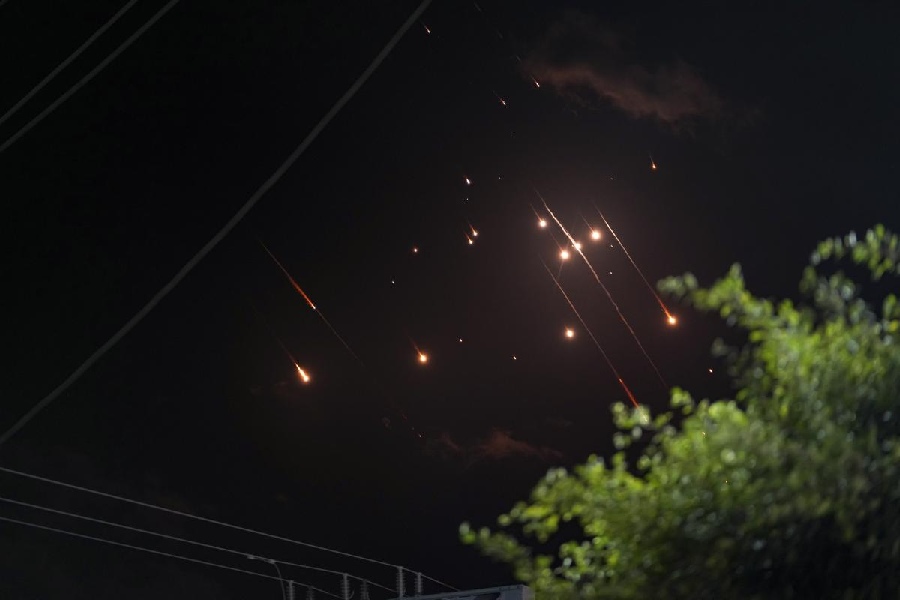When thousands of Hamas-led gunmen breached the Gaza border last October 7 and overran Israeli communities, army bases and a music festival, victims of the surprise assault sent desperate messages to loved ones from their hiding places and safe rooms.
“Where is the army?” they asked as they waited long hours to be rescued. For the many hundreds of those killed, the army came too late, if at all.
A year after perhaps the worst military and intelligence debacle in Israel’s history, the military is rehabilitating its image as a formidable regional power. It has penetrated the most secret and secure bastions of its archenemies with intelligence-based precision strikes, eliminated key leaders, pounded away at their assets, and largely thwarted their efforts to mount a response.
In a bombing on Friday, Israel killed Hassan Nasrallah, the leader of Hezbollah, with a strike on an underground bunker in a dense urban area near Beirut where the militant group holds sway. The military code name for the operation was New Order, hinting at Israel’s ambitious goals of changing the reality across its borders and undermining Iran’s use of proxies to surround it with a so-called ring of fire.
Now fighting on multiple fronts, Israel’s air defences, with help from US-led allies, largely blocked a huge retaliatory attack on Tuesday when Iran fired a barrage of nearly 200 missiles at Israel.
Israel’s vow to make Iran pay a heavy price for that attack suggests that the Israeli military is becoming less reluctant to engage in a broader regional war. According to Assaf Orion, a retired Israeli brigadier general who is now a senior fellow at the Washington Institute for Near East Policy, “The strong and smart Israel from before October 7 is back.”
Nasrallah’s demise sent a message of its own to Israel’s enemies, Orion added: “You understand Israel can get to you.”
The killing of Nasrallah gave an immediate lift to Israeli morale and to the military’s reputation ahead of the bleak anniversary of the October fiasco. After the military confirmed the death on Saturday, videos circulated of lifeguards announcing the news and sunbathers cheering on Israeli beaches.
A survey conducted this week by the Institute for National Security Studies at Tel Aviv University showed that 87 per cent of Israel’s Jewish population had high or very high confidence in the military. Only 37 per cent expressed such levels of trust in Prime Minister Benjamin Netanyahu.
Initial Israeli euphoria aside, Orion said the military actions were a “long game” with no clear outcome. After a string of successes for Israel in Lebanon in recent days, he said, the question is, “Then what?”
Over the past year, after recovering from the initial shock of the Hamas-led assault, the Israeli military has conducted a grinding and deadly counteroffensive in Gaza. Israel said recently that it had largely dismantled Hamas’s military infrastructure, reducing the militants’ capabilities to that of a guerrilla force.
New York Times News Service











